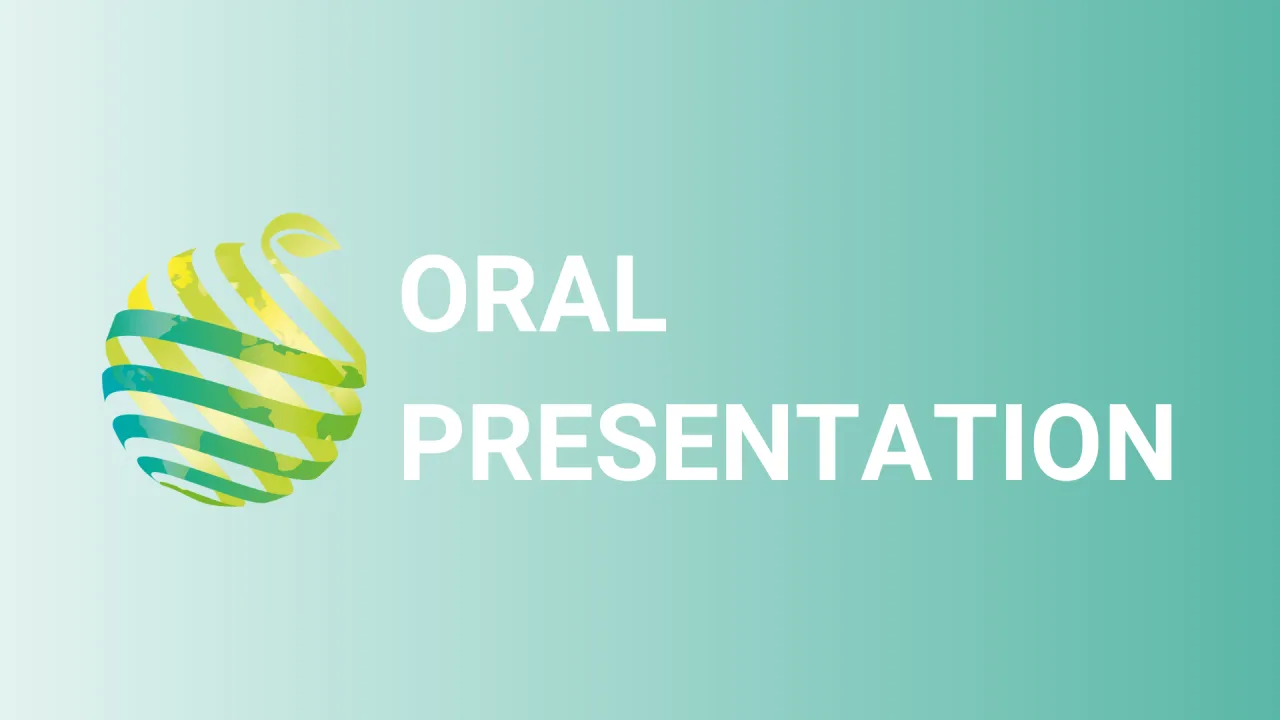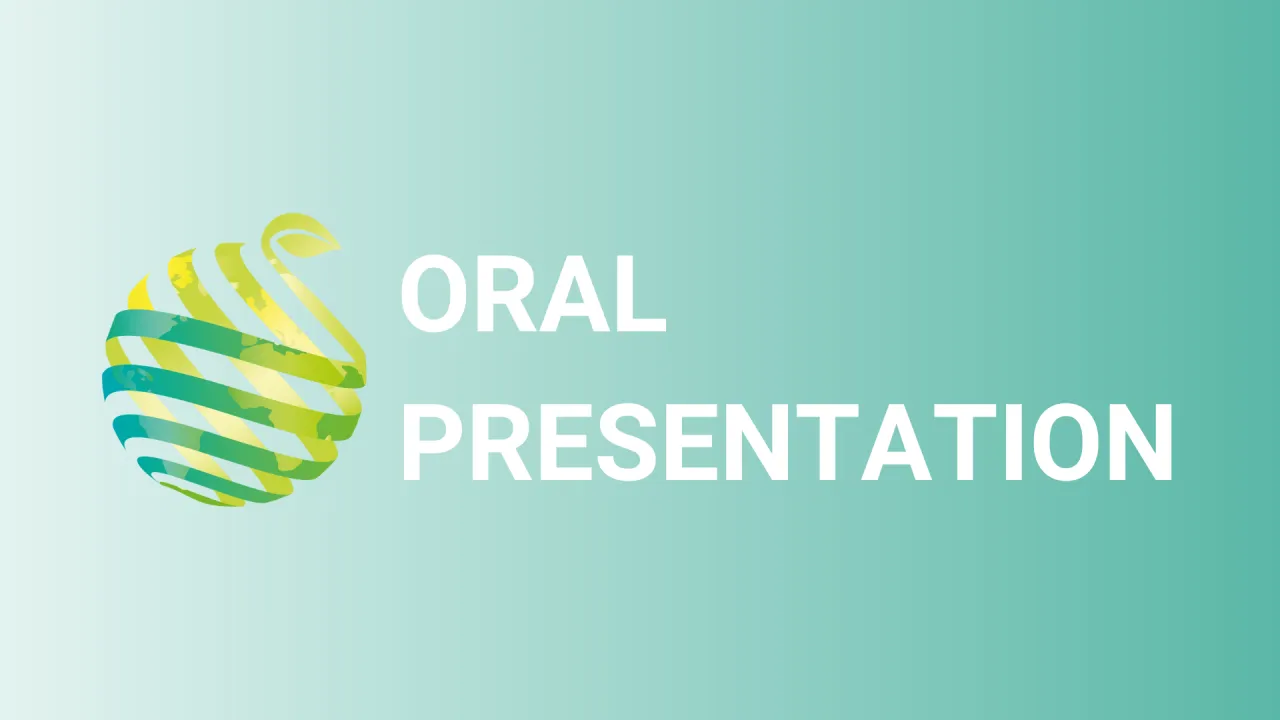

S06 - Session O9 - Impact of plant-based protein hydrolysate and different iodine doses on celery plant production and quality.
Information
Authors: Leo Sabatino *, Georgia Ntatsi, Salvatore La Bella, Youssef Rouphael, Claudio De Pasquale, Beppe Benedetto Consentino
Currently, plant-based protein hydrolysates (PPHs) have attained reputation as a class of plant biostimulants due to their ability to boost yield and quality of vegetables. Concomitantly, the association between human diet and health is a contemporary and incessantly increasing research subject as considerable findings highlight that vegetable components can influence physiological mechanisms. As iodine (I) deficiency is a relevant human health disorder, the World Health Organization (WHO) suggests a I assumption via ingestion of seafood and/or biofortified food such as vegetables. The present research was conducted to appraise the interactive influence of a PPH and I dosage (0, 100, 300, and 600 mg L -1 ) on celery plant growth and development, yield, mineral profile, nutritional and functional traits. Celery 'Malachit' F 1 plants treated with PPH showed a significant increase in terms of head fresh weight (HFW), head height (HH), stalk lightness (L* stalk ), titratable acidity (TA), ascorbic acid (AA), total phenolics (TP), nitrogen (N), potassium (P), magnesium (Mg) and iodine (I) compared to untreated plants. Moreover, HFW, HH, stem diameter (SD), number of stalks per plant (No.S), leaves yellowness (b* leaves ), leaves lightness (L* leaves ), AA, TP, calcium (Ca) and I were enhanced by I-biofortification. A significant increase in terms of HFW, HH, TP and I was observed when PPH was combined with I at 100 or 300 mg L -1 . Our outcomes clearly underlined that PPH application and I-biofortification at 100 or 300 mgL -1 effectively improve crop performance and quality in celery plants.